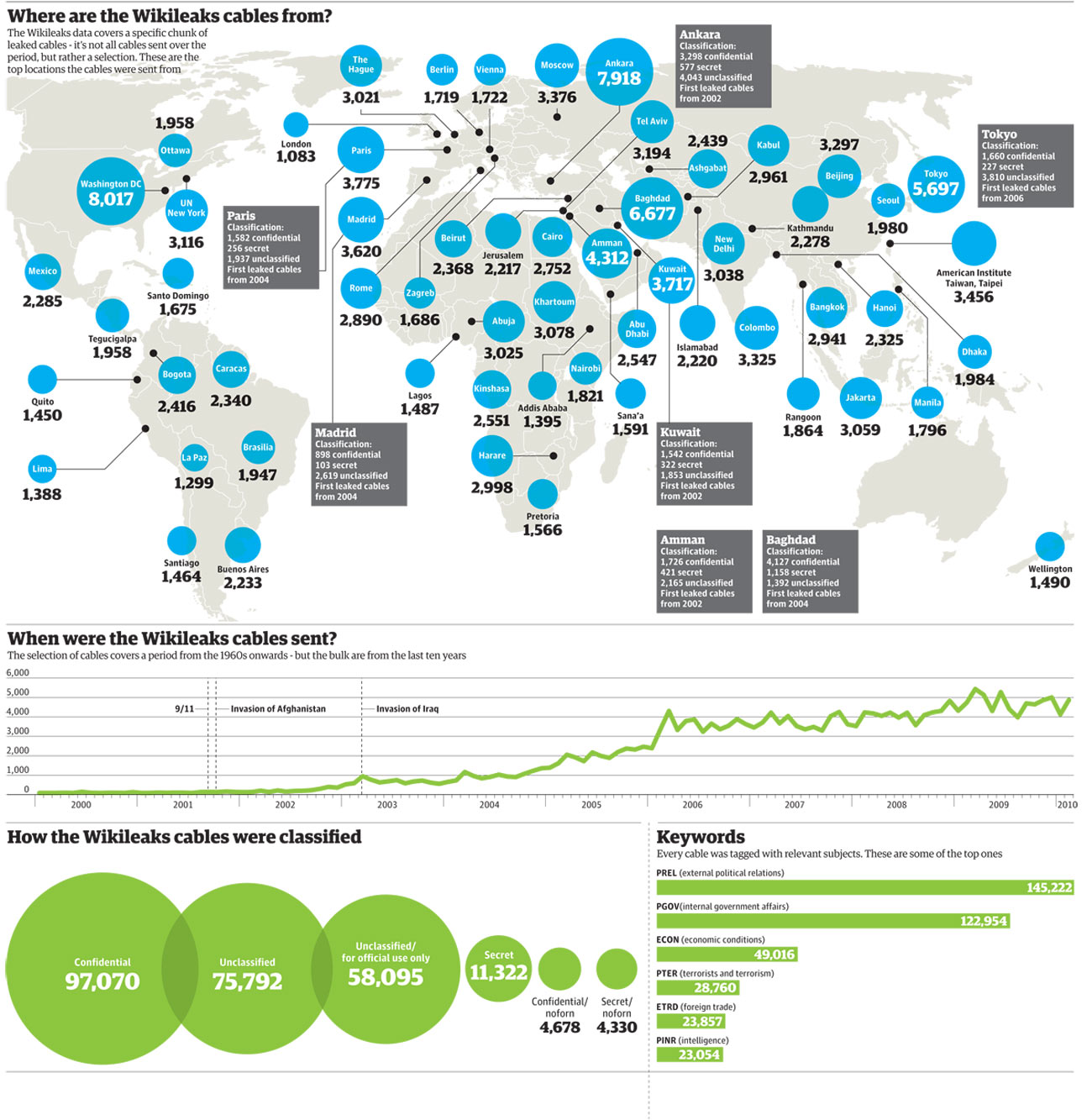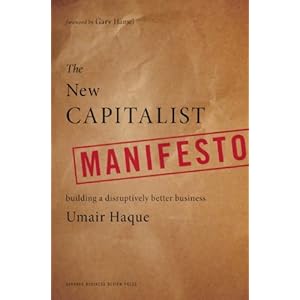But these are only the incidents the US military knew about, or chose to know about, or chose to report; and the documents are an unknown sample of all documentation held by the US government. There are, for example, no reports from the “shock and awe” year of 2003, and none from the tens of thousands of after-attack Pentagon bombing assessments. The leaks also report no civilian deaths in major US atrocities, including the offensive that devastated Fallujah in 2004.
The leaks corroborate previous allegations that US forces turned over prisoners to the Wolf Brigade, the feared 2nd battalion of the Iraqi interior ministry's commandos, infamous for their torture and extra judicial killings. This was not merely ‘turning a blind eye’ to torture, as investigative journalist Gareth Porter notes: “The implication was that the Shi'a commandos would be able to extract more information from the detainees than would be allowed by U.S. rules.”
US forces, then, were complicit in the torture. Indeed, under international law, as the occupying power, the coalition is accountable for all of these crimes.
US troops are actually commanded to not investigate the tortures by an order called Frago 242. Issued in June 2004, this instructs coalition troops not to investigate any abuse of detainees unless it directly involves members of the coalition. Where the alleged abuse is committed by Iraqi forces on Iraqis, "only an initial report will be made... No further investigation will be required unless directed by HQ".
The leaks reveal that the US military was also aware that the Iraqi government had murdered detainees.
Civilian Deaths - The “Standard Accepted Figure”
The leaks reveal, not just a staggering level of violence and criminality in occupied Iraq, but also the determination of the Iraqi government and US forces to hide civilian casualties.
This is hardly surprising and fits with evidence that the US and UK governments have worked hard to smear credible scientific analysis of the likely death toll. A recent study by Professor Brian Rappert of the University of Exeter reported of the UK government: “deliberations were geared in a particular direction – towards finding grounds for rejecting the [2004] Lancet study [estimating almost 100,000 Iraqi deaths from the war] without any evidence of countervailing efforts by government officials to produce or endorse alternative other studies or data”.
Nevertheless, with a near-uniform intellectual sleight of hand, journalists have managed to turn evidence that civilian casualties are likely much higher (as much as ten times higher) than most media have been reporting into evidence that casualties are perhaps 15 per cent higher. As one seasoned journalist told us privately, “WikiLeaks has been Guardianised” - their true significance has been disarmed, defanged and contained by the media.





















